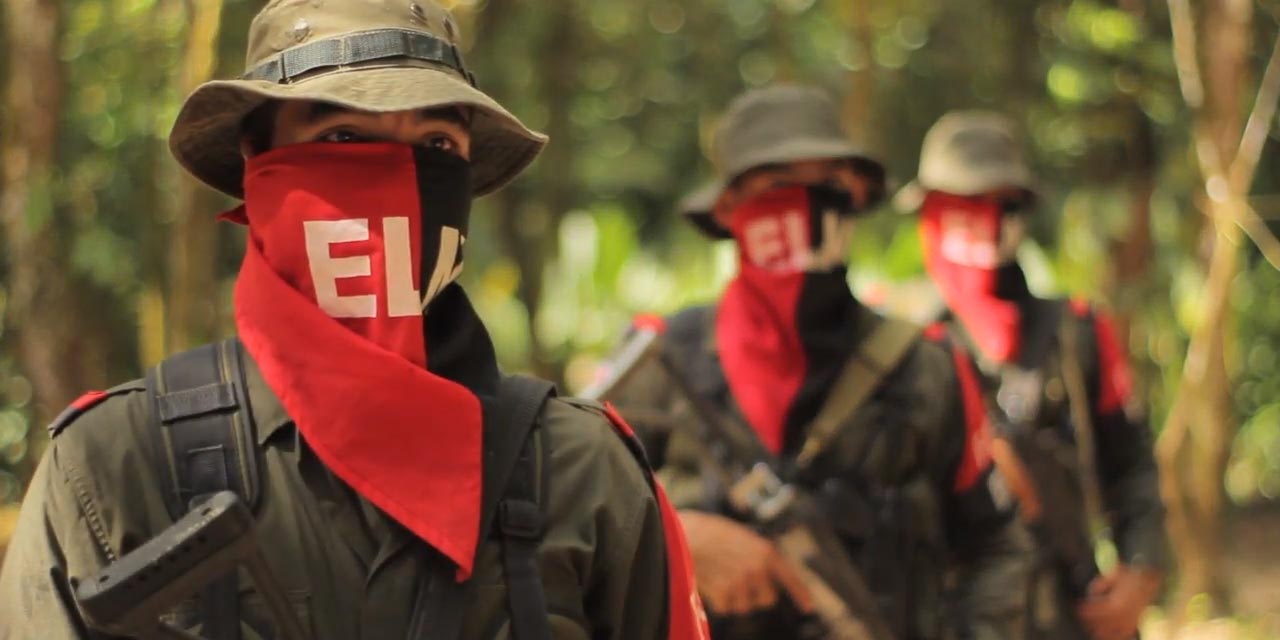Despite calls for an extension, Colombia’s ELN rebels end their unilateral ceasefire on Thursday, claiming that military offensives demonstrated President Ivan Duque is not interested in peace or in combating the coronavirus pandemic.
It was unfortunate that the Duque government had not responded in a reciprocal manner or listened to the proposals we made to advance the search for peace. On the contrary, we saw a government interested in taking advantage of the unilateral cessation, maintaining joint operations with the paramilitaries, to gain greater territorial control and continued with its plan to assassinate social leaders.
ELN
The decision was met with disappointment by civil society groups and United Nations’ Secretary General Antonio Guterres.
The UN chief had called for an end to all armed conflict in March, claiming that “the fury of the virus illustrates the folly of war.”
The ELN responded to the call by announcing its ceasefire, but Guterres was ignored by the Colombian military, which continued military offensives against the 55-year-old guerrilla group.
The UN chief’s spokesperson said the month-long ceasefire “was having a positive effect” and “would have brought hope and a message of peace to communities affected by the conflict and more, facilitated the response to the pandemic.”
Peace Commissioner Miguel Ceballos rejected the ELN’s decision to resume its attacks, claiming that the guerrillas “are doing nothing but distancing themselves from the reality of this country.”
The government demands from the ELN a permanent ceasefire and the immediate handing over of all abductees, all minors who have been forcibly recruited, and an immediate halt to the installation of anti-personnel mines.
Peace Commissioner Miguel Ceballos
The ELN’s resumption of attacks further diminishes the government’s ability to respond to the pandemic, which was already struggling because of corruption and mismanagement.
Prospects of peace talks had already been complicated after the guerrillas rejected to accept mediation by two former commanders appointed as “peace promoters” by the government.
The end of the guerrillas’ ceasefire comes weeks before health authorities project the pandemic to really put the country’s fragile healthcare system to the test.


